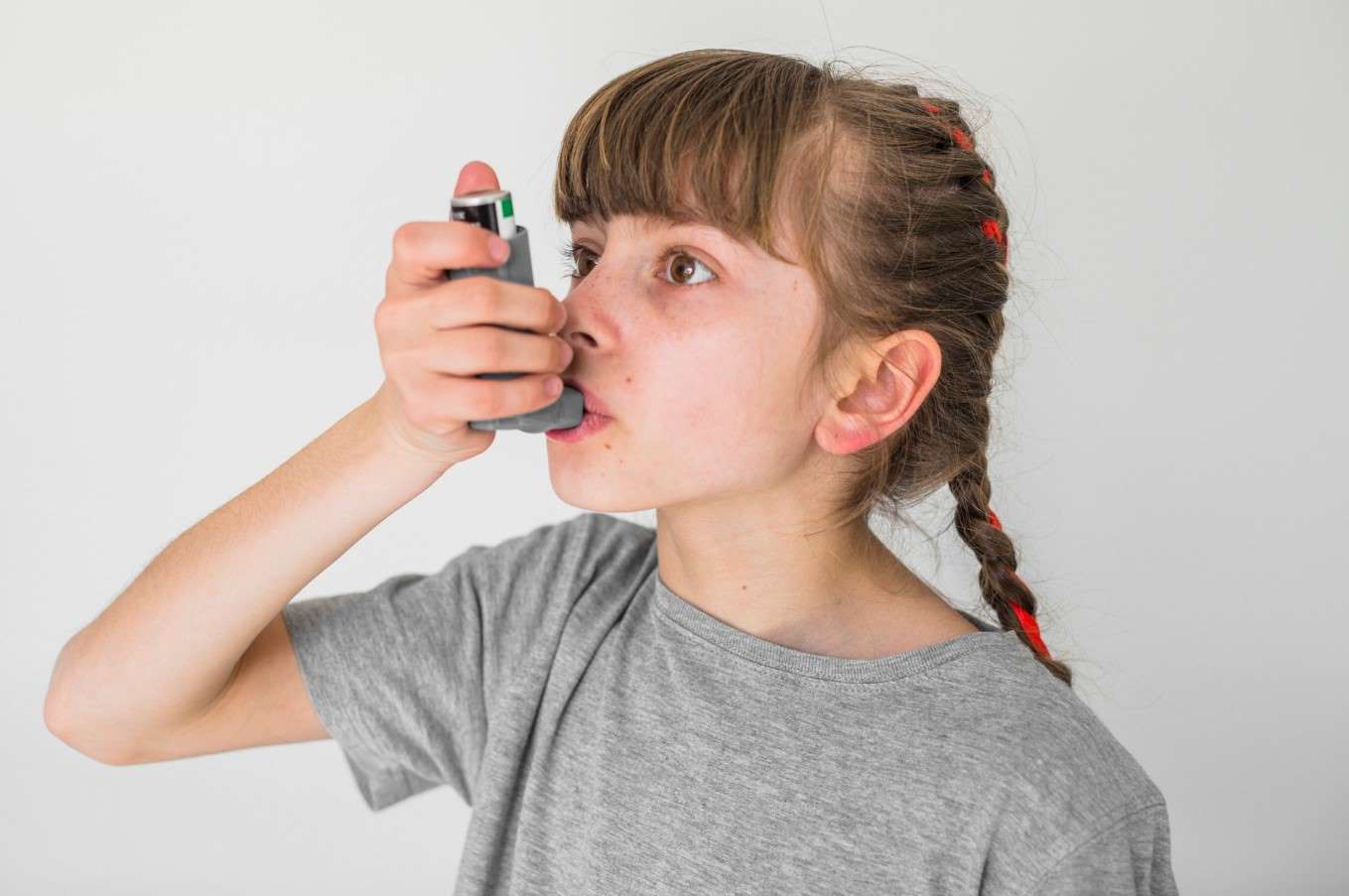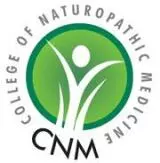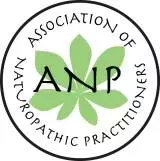TEL:
07366693154




As Holistic Mind-Body-Soul Therapists, we look for the root causes of health on the physical, mental and spiritual levels. Using our own unique healing methodology, we assist our clients back to health and wellbeing.
Our goal for this article is to provide an overview of the physical, mental and spiritual causes of asthma that go beyond conventional thinking. Our hope is that it will help you understand the condition better, ultimately with the objective of getting to the root cause of the issue(s).
Whether you are someone diagnosed with asthma, a supportive parent, friend or relative, or a curious seeker of holistic wellbeing and health, this information is designed to provide a thoughtful exploration and our hope is that it will help connect the dots to the different areas that require support when dealing with asthma.
 Asthma is a chronic inflammatory disease of the bronchial tubes (airways) of the lungs. Exposure to an asthmatic trigger, causes the lining of the airways to become inflamed and irritated, and the cells in the lungs to produce extra mucus, narrowing the airways. The muscles that surround the bronchial walls start to twitch and tighten, further narrowing the airways and causing difficulty breathing. In some cases, breathing may be so laboured that an asthma attack becomes life-threatening.
Asthma is a chronic inflammatory disease of the bronchial tubes (airways) of the lungs. Exposure to an asthmatic trigger, causes the lining of the airways to become inflamed and irritated, and the cells in the lungs to produce extra mucus, narrowing the airways. The muscles that surround the bronchial walls start to twitch and tighten, further narrowing the airways and causing difficulty breathing. In some cases, breathing may be so laboured that an asthma attack becomes life-threatening.
Many people with allergies also have asthma and vice versa, but they are different conditions. An allergy is a reaction to a substance that is normally harmless, such as reacting to flower pollen or house dust. Being exposed to an allergen may cause irritation and swelling in various areas of the body, such as the nose, eyes, lungs, and skin. Allergens can make asthma symptoms worse by increasing the inflammation in the airways and making them more sensitive.
 Exposure to toxins can significantly contribute to the development or exacerbation of asthma. Environmental pollutants, such as air pollution, tobacco smoke, pesticides, and occupational triggers, such as exposure to industrial chemicals, can trigger airway inflammation and worsen asthma symptoms.
Exposure to toxins can significantly contribute to the development or exacerbation of asthma. Environmental pollutants, such as air pollution, tobacco smoke, pesticides, and occupational triggers, such as exposure to industrial chemicals, can trigger airway inflammation and worsen asthma symptoms.
These toxins can irritate the airways, leading to increased bronchial reactivity leading to symptoms such as wheezing, coughing, and shortness of breath and the susceptibility of asthma attacks. Prolonged exposure to pollutants like nitrogen dioxide and particulate matter, commonly found in car emissions, has been linked to the onset and exacerbation of asthma in both children and adults.
Minimising exposure to toxins by avoiding smoking, reducing pollution, using natural cleaning products, and maintaining good indoor air quality can help manage asthma symptoms and improve respiratory health. This is of particular importance if you are living in a large urban area where exposure to toxins tends to be higher.
Exposure to environmental toxins such as air pollution, industrial chemicals, and household irritants from cleaning spray products to deodorants and perfumes, can significantly increase the risk of developing asthma. These toxins can trigger inflammation in the airways.
Secondhand smoke, often referred to as passive smoking, is a known risk factor for asthma, particularly in children. Inhalation of tobacco smoke from others can irritate the airways, leading to inflammation and increased susceptibility to respiratory infections. Children exposed to secondhand smoke are more likely to develop asthma symptoms such as wheezing and coughing, and they may experience more severe asthma attacks compared to non-exposed individuals.
GERD has been associated with asthma, especially in adults. Acid reflux from the stomach into the oesophagus can trigger or worsen asthma symptoms, such as coughing and wheezing, by irritating the airways and causing bronchospasm. The exact mechanisms linking GERD and asthma are still being investigated, but it is believed that acid reflux may directly affect the airway smooth muscles or induce inflammation in the airways. If an individual has both asthma and GERD, then managing GERD through lifestyle modifications, dietary changes, and medication can help improve asthma symptoms and reduce the frequency of asthma exacerbations.
Obesity is a significant risk factor for asthma, particularly in adults. Studies have shown that obesity is associated with a higher prevalence and severity of asthma, possibly due to systemic inflammation, altered lung mechanics, and adipose tissue-derived cytokines, responsible for inflammation. Excess body weight can also affect respiratory function and increase the risk of developing asthma symptoms, such as shortness of breath and wheezing. Weight loss and adopting a healthy lifestyle, including regular exercise and a balanced diet, can help improve asthma symptoms and reduce the need for asthma medications in obese individuals.
Genetics can play a role in the development of asthma, with a familial predisposition observed in many cases. Individuals with a family history of asthma, allergic rhinitis, or atopic dermatitis are at an increased risk of developing asthma themselves. Specific genetic variations may affect airway inflammation, bronchial hyperresponsiveness, and immune responses, contributing to the development and severity of asthma.
In recent years, scientists have discovered epigenetics, which shows that genes can be turned on or off by things like our environment and lifestyle, challenging the traditional deterministic view of genetics. This means genes don’t always determine a condition; they just suggest a tendency or a predisposition. This is really important, because it highlights how our choices, beliefs, thoughts, and surroundings can influence our health, including whether we develop a condition that our parents or grandparents have or had.
Early exposure to antibiotics, particularly during the first year of life, has been linked to an increased risk of developing asthma. These can often be prescribed antibiotics given to mothers who are breastfeeding post childbirth. Antibiotics can alter the gut microbiota, disrupting the balance of beneficial bacteria and potentially affecting immune development. The research shows that it nearly doubles the risk of asthma by age seven.
This disruption in early microbial colonisation may contribute to immune dysregulation and increase susceptibility to atopic diseases in general including asthma, eczema and hayfever. later in life. Efforts to minimise unnecessary antibiotic use, especially in infants, may help reduce the risk of asthma development. If needs must then the use of probiotics to curb the effects can be highly beneficial.
 If you are new to understanding the mind-body-soul connection and how our thoughts and emotions impact our physical health, then please read the following article we have created: Understanding the Mind-Body-Soul Connection and how it impacts health.
If you are new to understanding the mind-body-soul connection and how our thoughts and emotions impact our physical health, then please read the following article we have created: Understanding the Mind-Body-Soul Connection and how it impacts health.
To provide a quick summary, the mental wellbeing of an individual plays a crucial role in the manifestation and progression of physical symptoms as the mind cannot be separated from the body. Mind, body and soul are one and the same system.
Understanding the emotional themes associated with asthma is vital for getting to the deeper holistic root cause of the issue. This can often be due to traumatic experiences at any life stage, even going all the way back to being in the womb. These experiences are stored energetically in the body and subconscious mind.
Understanding the emotional causes and themes associated with asthma is vital for getting to the deeper root cause of the issue.
Here’s a general overview of the themes:
The fear of loss is deeply rooted in our instinct for self-preservation and attachment to people, pets, possessions. It encompasses a wide range of emotions, from anxiety and grief to insecurity and vulnerability. In this context we are looking at a fear of loss connected to a person’s personal identity like family, pets, house, close possessions – what we would call their territory.
For example, a child may experience parents continually arguing, hearing conversations that they are going to leave each other, this eventually ends up leading to divorce and separation. In this separation the child experiences a fear of losing their familial territory.
Imagine another scenario where someone experiences a burglary and loses valuable possessions or sentimental items. This intrusion into their physical space can trigger a profound sense of violation and fear, to their personal identity, as their territory has been invaded and their sense of safety compromised.
Experiencing fright is an intense and overwhelming emotion that arises when we encounter sudden, unexpected, or perceived threats. It’s a primal response deeply ingrained in our survival instincts, triggering a cascade of physiological and psychological reactions aimed at preparing us to confront or escape from danger.
Imagine the sensation of fright. It’s like a lightning bolt coursing through your veins, electrifying every nerve ending in your body. Your heart pounds furiously against your chest, as if trying to break free from its confines. Your breath comes in short, shallow gasps, and every muscle tenses in anticipation of a threat.
Fright immobilises you, momentarily paralysing your mind and body as you grapple with the shock of the situation unfolding before you. It’s that heart-stopping moment when something unexpected and terrifying crosses your path, leaving you frozen in fear.
Events in your life where you have experienced fright can be stored energetically in your subconscious mind and if circumstances in your present life are similar in nature it can be a trigger for bringing this energy.
Speechlessness is often connected to the ‘fear of loss’ and fright themes, previously mentioned. For example, in cases of familial trauma, individuals may feel speechless due to the violation of their personal boundaries within the family unit. This could involve experiences of emotional manipulation, invasion of privacy, or neglect, leaving them unable to express their feelings or assert their needs.
Trauma related to territorial possessions can manifest when individuals experience theft, vandalism, or intrusion into their personal space. A violation of their property rights can leave them speechless with shock, disbelief, and a sense of violation.
Embracing spirituality or connecting with your higher self can be the most powerful healer of all.
From a spiritual perspective, feeling disconnected to a higher power whether that be God, the Universe, All That Is, the Divine, or to your higher self, is considered to be at the root of ill-health.
Connecting to the high vibrational energy of your spiritual truth can immediately start the healing process within an individual and often be transformative.
Asthma may be prompting individuals to embark on a journey of inner self-discovery. The challenges posed by the condition will lead to a deeper exploration of one’s identity, purpose, and connection with the higher self.
Viewing asthma as a potential teacher, individuals may find spiritual meaning in the lessons and opportunities for why this condition arose. This could involve aspects such as discovering how to speak your truth, increase strength, safety, and confidence.
Remember, there is no separation between the body, mind and the soul, they are all connected, and are reflections of each other. As a perspective shift, try to think of the body as simply the densest reflection of the soul.
Adopting the perspective that considers the body as a messenger, conveying insights and reflections from the spiritual realm helps you to discover your own inner truth which is incredibly powerful and healing.
From reading the information in this article, we hope you can appreciate the emotional and spiritual themes that are intertwined with physical aspects of health. Therefore, a holistic approach to health that integrates emotional strategies with naturopathic treatments, nutritional recommendations, and spiritual practices is always our recommendation.
This triad of well-being forms the foundation for navigating the challenges of asthma and getting to the true root cause.
We encourage all individuals who have been suffering with asthma, who are struggling to get better or who haven’t discovered the root cause of their condition to really consider and embrace a holistic approach to their health.
It not only can transform your health but can transform your life too.
 As Holistic Mind-Body-Soul Therapists, we understand the powerful connection between your mind, body, and soul.
As Holistic Mind-Body-Soul Therapists, we understand the powerful connection between your mind, body, and soul.
Nutritional deficiencies, unresolved negative emotions and limiting beliefs often rooted in childhood experiences, a disconnection to a higher power, may have built up in your being, and they are now affecting your health and happiness.
Your soul is your inner truth and strength, and it flows through your mind and body. When you disconnect from your truth or ignore its messages, it can manifest as pain, discomfort, or ill health. It’s your soul’s way of getting your attention! It’s sending you a message.
With years of experience, in Naturopathy, Nutritional Therapy, Medical Intuition and Mental and Spiritual Wellbeing Modalities, we’ve developed a unique approach, Higher Healing, that focuses on healing all aspects of your being:
Through this approach, we’ll work together to uncover the holistic root cause(s) of your health, specific to you and your life story, clearing any blockages hindering your wellbeing. We help awaken the incredible healing power within you.
Ready to learn more about aligning your mind, body, and soul? Book a Discovery Call so we can have a friendly conversation on how we can support you.
Let’s work together to unlock the innate healing power within you to lead a healthier, happier, more empowered life!
HEALTH DISCLAIMER – While energy-based healing is not intended to substitute conventional medical treatment, it frequently serves as a supportive adjunct. Holistic body-mind-soul therapy has demonstrated efficacy for numerous individuals, who haven’t found success through other modalities. It is, however, imperative to seek guidance from a qualified healthcare professional regarding any physical or mental health concerns. Please read the MEDICAL DISCLAIMER at the bottom of this page.
Share:






